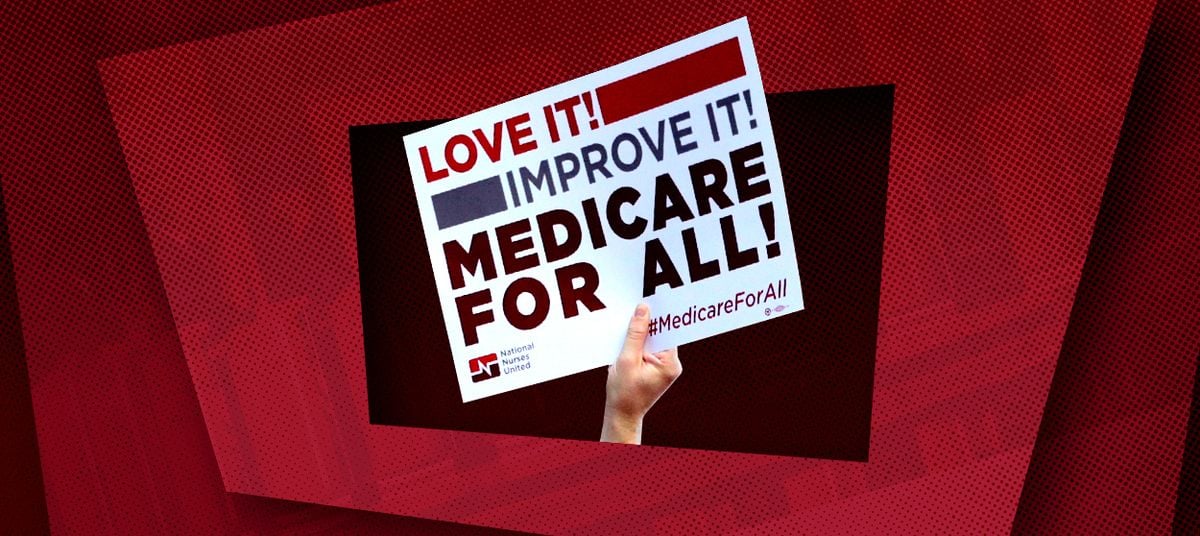Pretty much what everyone else has said, plus...
The state of operations for outpatient psychotherapy (in particular) at VA these days is in a massive state of flux, primarily because:
(1) Clinicians have always been historically overwhelmed in terms of caseload numbers (and complexity) which have made it impossible to utilize the basic standard of care/practice of at least weekly psychotherapy. Because individual caseloads are often in the triple digits (100+ active clients), there's no way logistically to offer weekly therapy. Clinicians raise this to the awareness of supervisors who say 'manage your caseload better' but, often, with an influx of between 3 and 5 NEW psychotherapy intakes/clients entering your caseload PER WEEK, the arithmetic and patient flow just doesn't add up in a way that makes this remotely possible. So, at least at our VA, we have had to have separate clinics/slots for intake, standard (monthly therapy) clients, and intensive (weekly, EBP protocol) clients. This works out to 90-95% of your clientele in monthly therapy and 5-10% in weekly intensive therapy (actual therapy). Now we are a 'pilot site' that has to give self-report symptom questionnaires every session (even non-protocol cases) to our patients and also enter these into a NEW software program ('Behavioral Health Lab') for 'accountability.' And, of course, the fact that very few of the service-connected veterans whose monthly disability check size is dependent on demonstration of disabling psychiatric symptoms are going to self-report significant symptom reduction is never mentioned/discussed for political reasons.
(2) Despite the realities of (1), above, we are getting hammered (because of recent 'accountability' cries in the political sphere) to be more 'effective,' 'evidence-based,' 'accountable,' etc, it terms of demonstrating quantitative self-report measure (PCL-5, PHQ-9, GAD-7) score reduction over time. While part of the organization is zealously pursuing this 'measurement based care' model (which is good, in and of itself) as applied to outpatient psychotherapy, new positions are being funded (from the national level) for **** such as 'drum circles' and other 'alternative healing' approaches (which, of course, are ideologically/politically exempt from accountability in terms of demonstration of efficacy) while rank-and-file outpatient psychologist positions go unfunded because 'there's no money' at the local hospital level to fund those positions. And, of course, when clinicians complain about caseload overload, they're blamed/shamed for not being 'effective' at 'panel management.'
(3) The comment of 'too many chiefs, not enough indians' is spot on. At our hospital, under the 'Mental Health' line, less than one third (at most) of our FTE's actually do patient care. The majority of the positions are administrative, clerical, pompom wavers/ sloganeers, and various and sundry bull**** PR positions and most of these are people (LCSW's, generally) who COULD be seeing a caseload (or mini-caseload) of clients and helping out. Instead, they spend all their time coming up with 'good ideas' ('good idea faeries') and swamping clinicians with layer after layer of novel policies/procedures that they concoct, which leads to more paperwork/burnout, etc. Depending on how you count it, any single outpatient clinician has about 30+ 'bosses' at all levels of the organization (national, regional (VISN), local site) all busy (in this day and age) creating new 'initiatives' and policies/procedures (to 'prove' their worth to the organization) which are often contradictory and put the individual clinician in a bind at the level of specific service care delivery.
(4) Because the larger VA system of care is so 'broken' (for lack of a better term), as the veteran's psychologist (who always has regular hourly meetings with them), you end up having to do a lot of ad hoc 'case management' with respect to such things as 'I'm homeless,' 'I'm out of my (psych) meds,' 'I have sleep apnea so bad that (as a long-distance trucker), I'm falling asleep at the wheel when I try to drive,' etc., etc.. Yeah, yeah--boundaries, I know but, Jeez...if I didn't step in and help vets with these sorts of serious issues it would make actual psychotherapy impossible as these are 'burning fires' in their lives (some dangerous) that I can't just ignore. Of course, I try to avoid triangulation with another provider whenever possible and always try to help the veteran handle their own affairs/requests with the other providers, but it's a balancing act.
It is a very chaotic time, especially for outpatient psychotherapists. The 'good' news is that such a highly charged unstable structure CANNOT last so it will either implode or get better in the long term. But, for the moment, seismic shifts are underway and, above ground, are roving bands of non-practicing 'excellentologists' and 'expertologists' busy barking ridiculous orders to overwhelmed clinicians.

 I make six figures and worked from home today. VA isn't so bad in my eyes.
I make six figures and worked from home today. VA isn't so bad in my eyes.